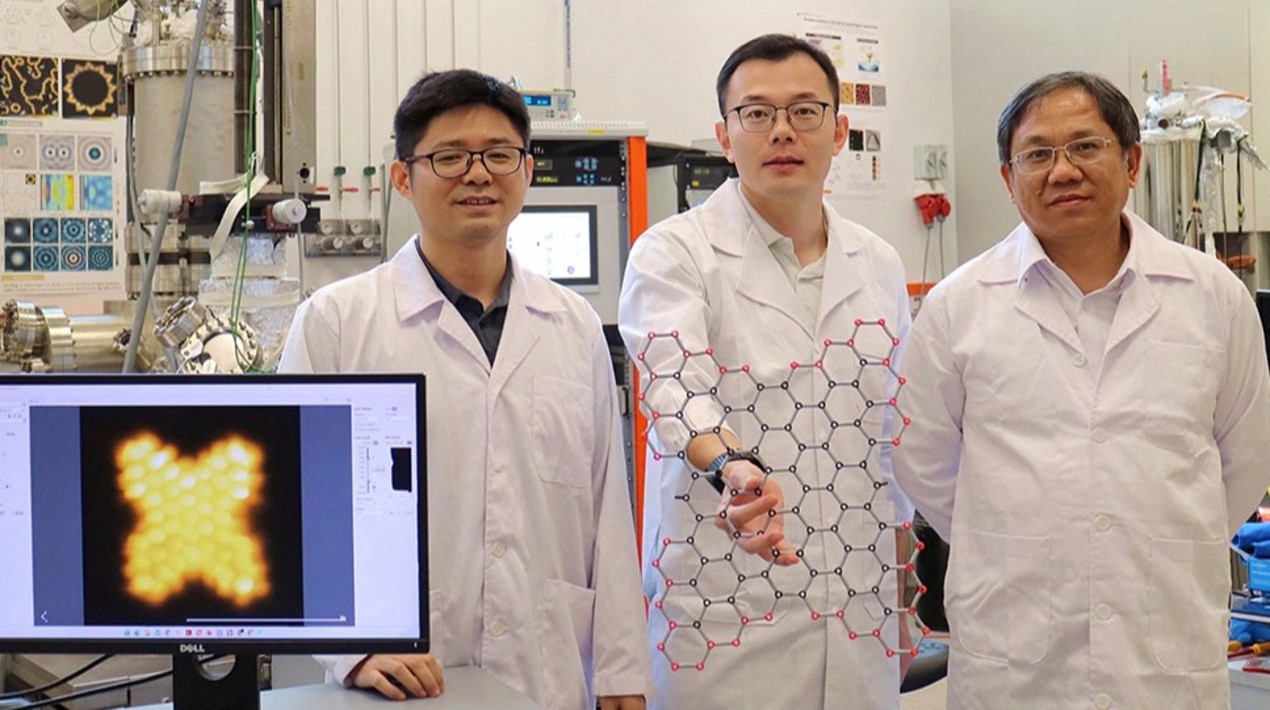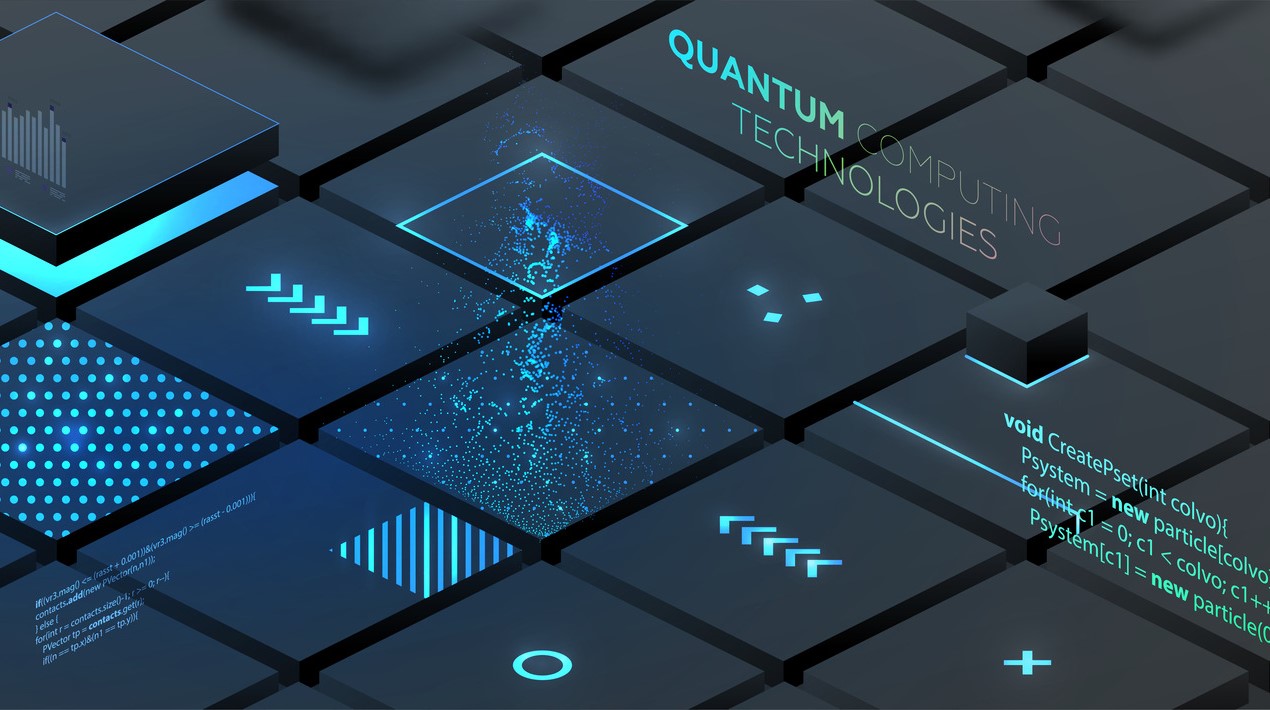
As part of efforts to leverage smart technologies for developing liveable and sustainable homes of the future, the Housing & Development Board (HDB[1]) in Singapore signed a Memorandum of Understanding (MOU) with the Imperial College London (ICL) and Agency for Science, Technology and Research’s (A*STAR) Institute for Infocomm Research (I2R) at the Urban Sustainability R&D Congress.
The parties to the MOU will embark on 4-year SG$5.3 million research programme to study how sensors and sensor networks can be enhanced to make data collection more efficient and reliable for the monitoring and analysis of estate-level services such as lifts, water pumps, and lighting.
The programme is part of HDB’s Smart HDB Town Framework, which maps out how HDB will create liveable, efficient, sustainable and safe towns for residents. Under the Smart HDB Town Framework, HDB has five domains – Smart Planning, Smart Environment, Smart Estate, Smart Living and Smart Communities.
This collaboration falls under the Smart Estate domain, where HDB will leverage smart technologies to collect and analyse data to better understand usage patterns of common services, optimise maintenance with minimal disruption in services and create innovative solutions to provide a more pleasant living environment.
Dr. Cheong Koon Hean, Chief Executive Officer of HDB, said “Estate services form the backbone of any residential town. Their performance directly impacts the quality of living of its residents. The ability to monitor the health of these services in real-time can greatly change the way estates are maintained. With data collected from a strong network of sensors and analytic tools, we can carry out analytics more efficiently and accurately. Common services in HDB estates can then be better optimised, maintained and managed. The end result is quality living for our residents.”
There are three key facets of the research programme. The first is the development of new Smart Sensors and improvement in design, operation and maintenance of sensor networks. The team will develop new sensors which have computing capabilities, so that they can carry out basic data processing at the point of collection, in addition to their basic function of signal transmission.
The new sensors could have the capability to aggregate and compute large chunks of data collected into 15-minute intervals, instead of transmitting fine-grained data back to HDB's Data Analytics Centre at one-second intervals. This would not only enable more efficient and accurate examination of data patterns, but also help to reduce the bandwidth required and make the transmission process more sustainable over the long term.
The team will also study how sensors can be better deployed for more effective monitoring of estate services. For example, data transmission may be blocked by existing tall structures. So, the research programme will study how sensors can be better located in urban environments, to ensure that sufficient amounts of data are smoothly transmitted and collected.
Secondly, the research will look into aggregation of large amounts of municipal data from multiple sources (e.g. data from estate services, environmental sensors, building profiles etc.) into a central repository for better data mining and the gathering of insights. This information can then be shared with relevant Town Councils and agencies so that they can devise targeted solutions that best meet the specific needs of their estates.
To take an example, various streams of information about an estate’s environmental condition, building profile, exposure to the elements, usage patterns and so on can be examined together with the data on the performance of the lifts. Further research can then be undertaken to find out if these factors have any impact on the durability and performance of the lifts. Subsequently, local agencies can search for solutions to improve performance of the lifts.
The third facet is strengthening capabilities in predictive analytics for more efficient estate maintenance. The data can be shared with the Town Councils, so that they can further optimise the maintenance frequency and cyclical replacement works needed for services.
For example, data collected from individual lift components, such as the temperature of the lift motor, lift speeds and vibrations, lift alignment with the ground, and even the frequency of misuse of lifts, could facilitate the prediction of potential lift faults. Abnormalities detected can help to pre-empt lift faults by improving the maintenance regime and taking a more targeted approach when maintaining lifts.
Addition of ‘Smart Communities’ to Smart HDB Town Framework
In the same press release, it was mentioned that HDB is adding a fifth domain, Smart Communities, to the Smart HDB Town framework. Suitable smart applications can be developed can be developed to bring residents closer together and to empower them to take greater ownership of their community. For instance, applications could be developed through gamification to promote community bonding. An application could allow residents to display a list of items that they require assistance with (i.e. carpooling, buying of groceries, house cleaning etc.). Neighbours could respond to these requests and “earn credit” for help rendered and exchange the credits for discounted goods and services at neighbourhood shops etc. Further details about this new domain under the Smart HDB Town Framework will be provided when ready.
[1] HDB is a statutory board of the Ministry of National Development and it is responsible for public housing in Singapore.
Featured image: © ProjectManhattan / Wikimedia Commons / CC-BY-SA-3.0
















